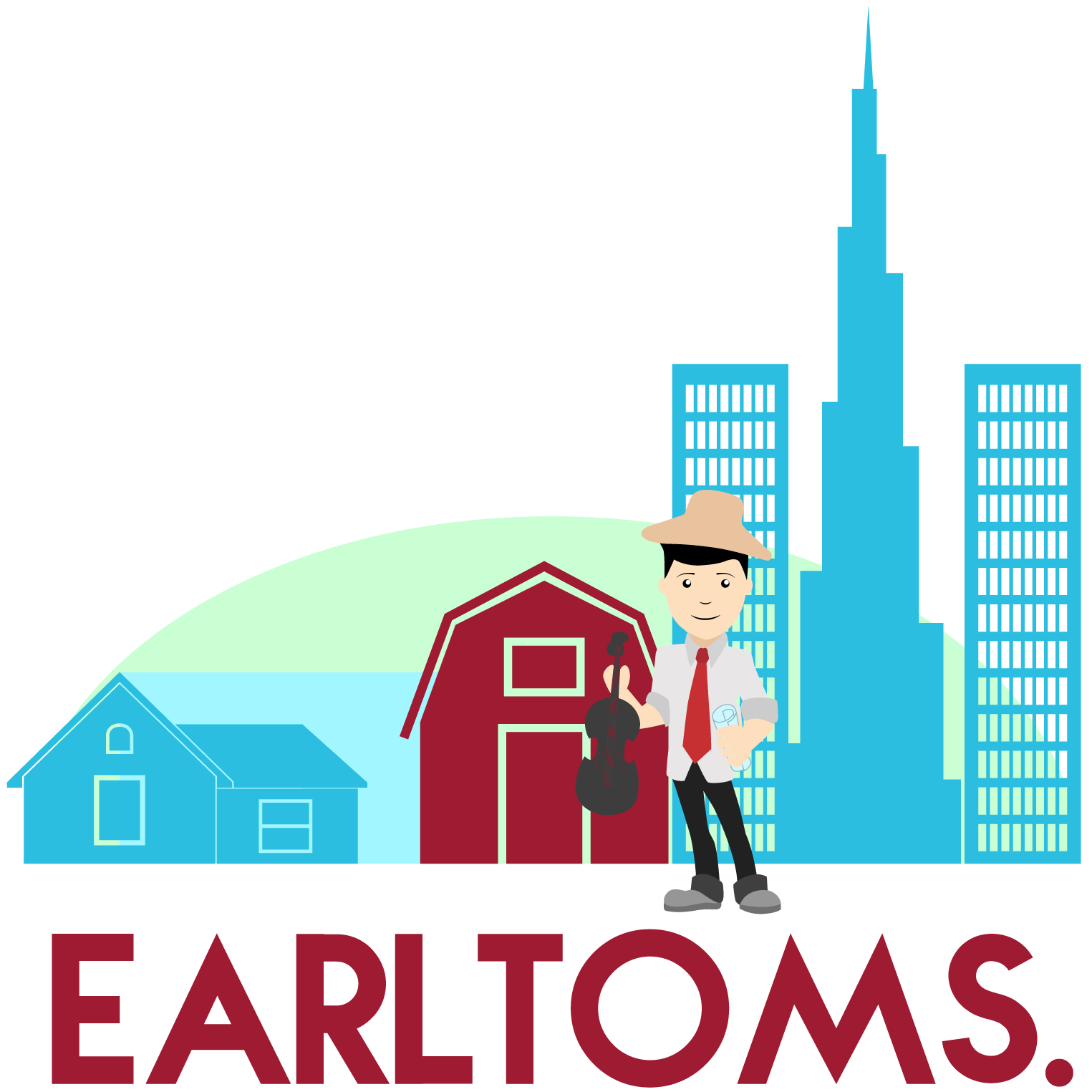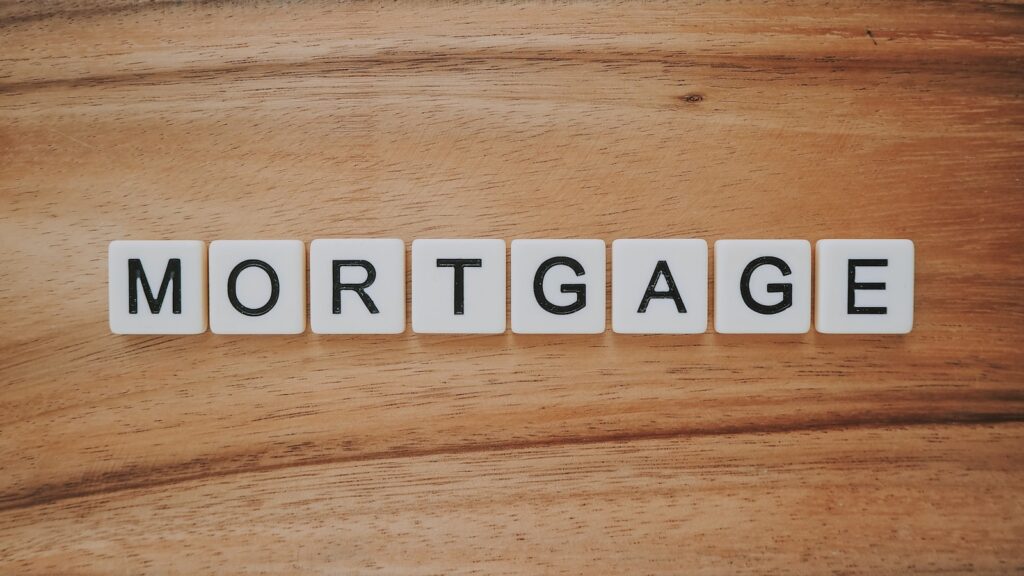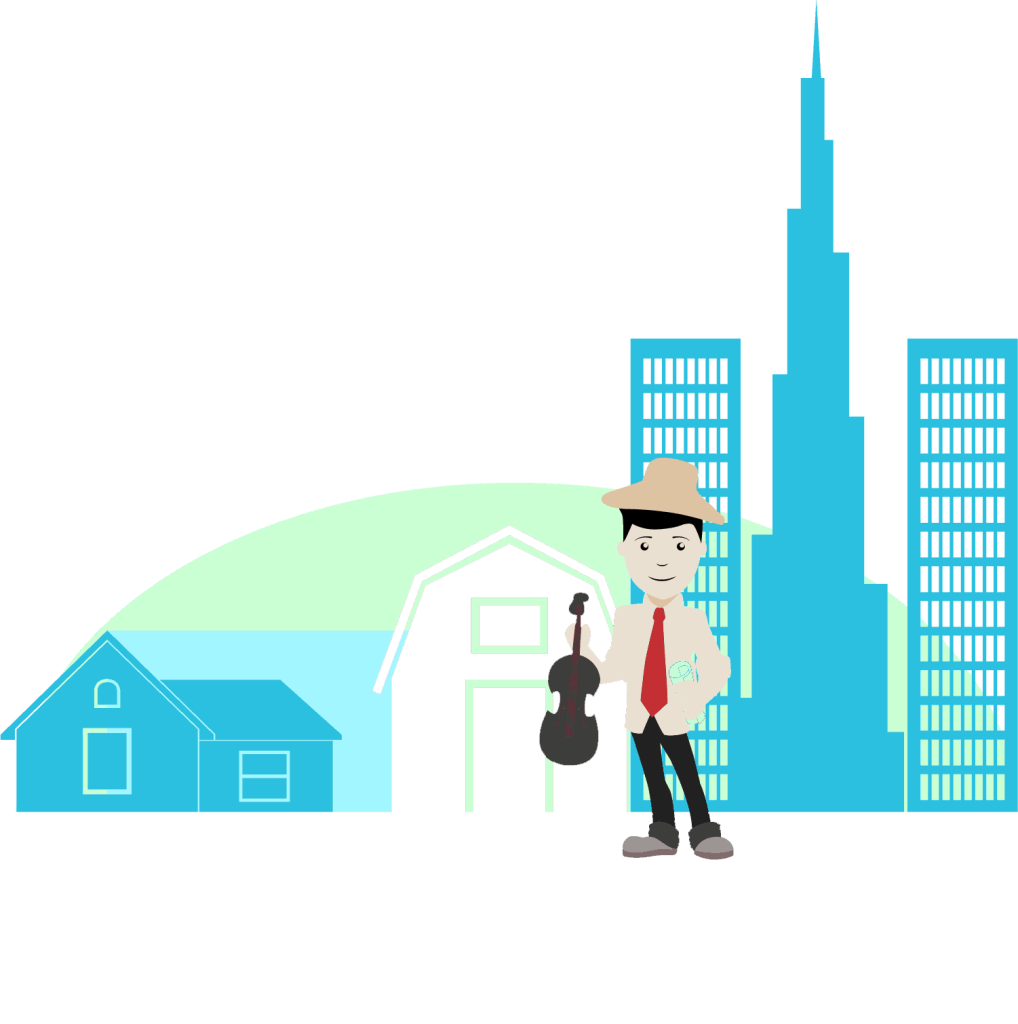Unpacking the Role of Mortgage Rates in the Housing Market
Introduction
Mortgage rates are one of the most important factors when it comes to the housing market. They can affect housing prices, purchases, refinancing, and even investment decisions.
In this blog post, we will take a closer look at how mortgage rates work and what role they play in the housing market. We will also explore some of the ways that mortgage rates can impact different aspects of the housing market.
How do mortgage rates work?
Mortgage rates work by affecting the interest that lenders charge on home loans. When mortgage rates go up, it becomes more expensive for borrowers to take out a loan. This, in turn, causes fewer people to buy homes. The decrease in demand drives prices down, which makes it a good time for people who are looking to buy a home.
On the other hand, when mortgage rates go down, it becomes cheaper to borrow money. This increases demand for homes, driving prices up.
What role do mortgage rates play in the housing market?
Mortgage rates play an important role in the housing market. They can affect both buyers and sellers. Low mortgage rates can encourage buyers to purchase a home, while high mortgage rates can discourage buyers from purchasing a home.
For sellers, low mortgage rates may increase the number of buyers who are interested in their home, while high mortgage rates may decrease the number of buyers who are interested in their home.
How can mortgage rates impact different aspects of the housing market?
Mortgage rates can have an impact on the housing market in a few different ways. The most direct way that mortgage rates can impact the housing market is by influencing home buyers’ and sellers’ decisions.
For example, if mortgage rates rise, home buyers may be less likely to purchase a home because they will have to pay more interest on their loan. This could lead to fewer homes being sold, which would in turn cause prices to fall. Mortgage rates can also indirectly impact the housing market by affecting the economy as a whole.
If mortgage rates rise, it could lead to a decrease in consumer spending, which could then lead to a decrease in demand for housing. This could lead to a decrease in prices and an increase in the number of homes for sale.
What are some of the ways that mortgage rates can impact the housing market?
Mortgage rates can have a big impact on the housing market. They can affect how much people are willing to pay for a home, how much they’re able to borrow, and how attractive refinancing is.
When mortgage rates go up, it’s usually because the economy is strong and inflation is rising. That means people have more money to spend, so they’re willing to pay more for a home. It also means that banks are less likely to give out loans, so people who are looking to buy may have a harder time getting financing.
Refinancing becomes less attractive when mortgage rates rise because it becomes more expensive to get a new loan. That’s why people tend to refinance when rates are low.
Mortgage rates can also go down, which can be good for the housing market. It makes buying or refinancing more affordable, so more people are likely to do it. This can help create demand for housing and drive up prices.
What are some of the factors that can affect mortgage rates?
Mortgage rates can be affected by a number of factors, including the type of mortgage, the borrower’s creditworthiness, the size of the down payment, and the prevailing market conditions.
Mortgages can be broadly classified into two categories: fixed-rate mortgages and adjustable-rate mortgages. As the name suggests, fixed-rate mortgages have an interest rate that remains constant for the life of the loan, while adjustable-rate mortgages have an interest rate that can fluctuate over time.
In general, fixed-rate mortgages tend to have higher interest rates than adjustable-rate mortgages.
Borrowers with good credit histories will usually qualify for lower mortgage rates than those with poor credit histories. This is because lenders view borrowers with good credit as being less likely to default on their loans.
The size of the down payment also affects mortgage rates. Borrowers who make larger down payments are viewed as being less risky than those who make smaller down payments, and as such, they will usually qualify for lower mortgage rates.
Finally, market conditions play a role in setting mortgage rates. When demand for loans is high and there is a limited supply of funds available, mortgage rates will tend to be higher. Conversely, when demand is low and there is a surplus of funds available, mortgage rates will tend to be lower.
Conclusion – Main Points
- Mortgage rates work by affecting the cost of borrowing money to buy a home. They are determined by many factors, including the type of loan, the lender, the size of the loan, and the repayment term.
- Mortgage rates play a vital role in the housing market by determining how much borrowing costs for potential homeowners. When mortgage rates are low, it encourages more buyers to enter the market which can lead to higher prices. On the other hand, when mortgage rates are high, it can put a damper on housing prices as potential buyers may be priced out of the market.
- Mortgage rates can impact different aspects of the housing market in a number of ways. For example, they can affect housing affordability, demand for housing, and even rental prices.
- Some of the ways that mortgage rates can impact the housing market include affecting housing affordability, demand for housing, and rental prices.
- There are a number of factors that can affect mortgage rates, including the type of loan, the lender, the size of the loan, and the repayment term.
Did You Know?
EarlToms would like to make an offer on your house. We pay cash so you won’t have any appraisals, home inspections, agent commissions, or closing fees typically associated with selling your house to EarlToms. If you want to sell your house, in a hassle-free way, simply fill out the form to get started.


